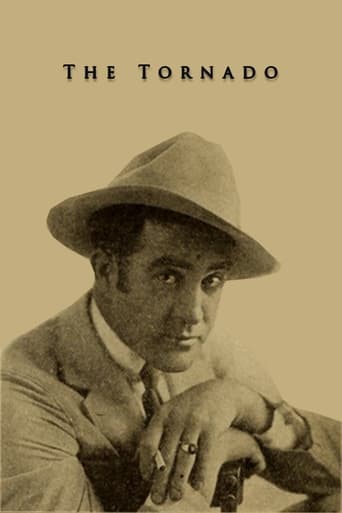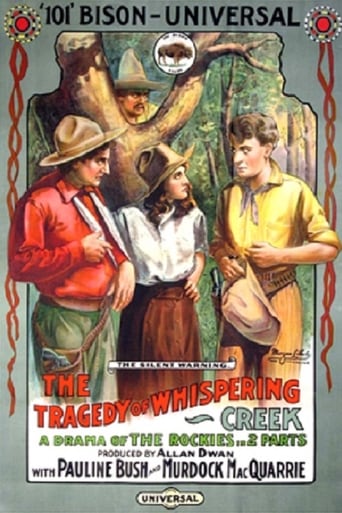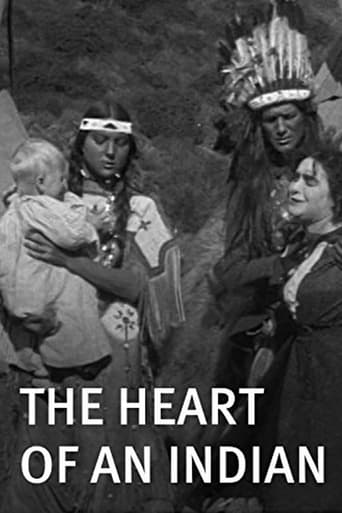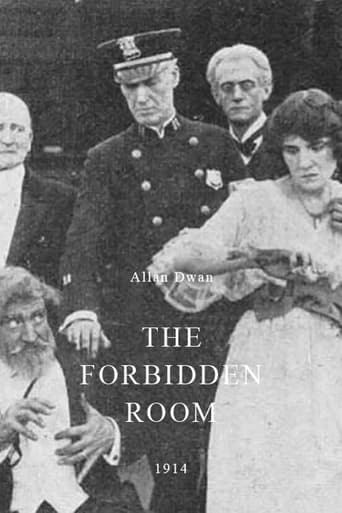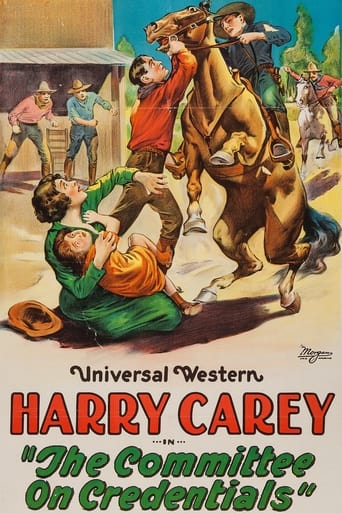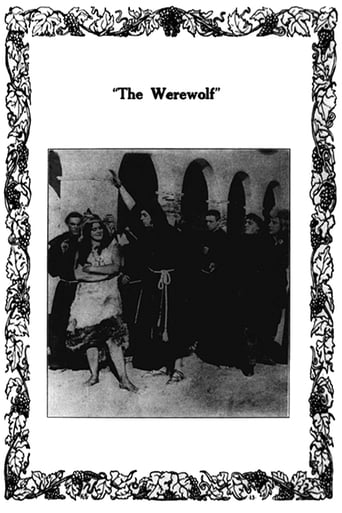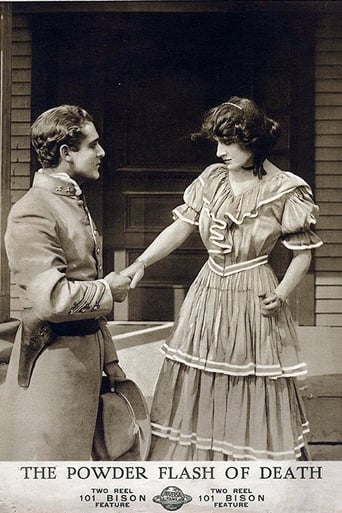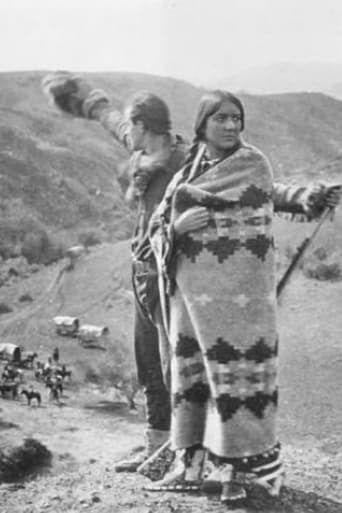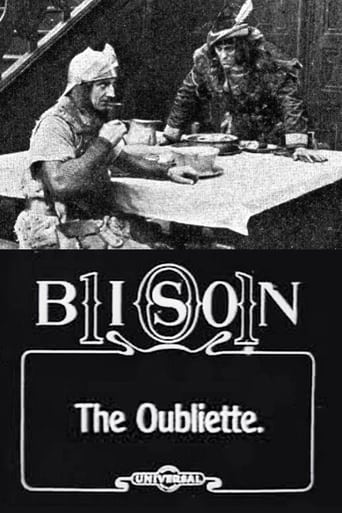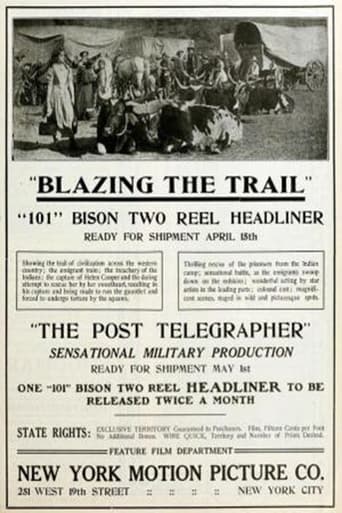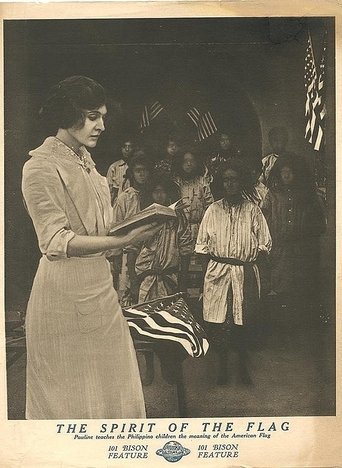The Tornado 1917
The Tornado mostly followed pulp Western formula -- bad guys hold up a town, take a girl hostage, and the hero rides to the rescue. But there were a couple of twists that made it seem more personal than the usual cowboy fare. Ford's Jack Dayton ... is known as "the No-Gun Man" because he faces the villains unarmed, anticipating the character played by James Stewart in George Marshall's 1939 Western comedy classic Destry Rides Again. Dayton is an immigrant who uses the reward money to bring over his mother (Jean Hathaway) from Ireland, a prototypically Fordian situation if there ever was one.
